To reverse the ongoing dynamics leading to the sixth mass extinction, many public policies in favor of biodiversity have been implemented at all territorial levels over the past decades.
To make these policies fully effective, it is necessary to have efficient tools and methods that, on the one hand, incorporate biodiversity issues into the financing of land-use planning projects and, on the other hand, evaluate companies' contributions to the preservation of species and ecosystems.
The Forbes project (Financing Regionalized Tools for Integrating Biodiversity by Companies) aims to provide these tools and methods to support the regional actions of local authorities and businesses contributing to land-use planning.
This project builds on the work of the Bison, which aimed to create a European roadmap for biodiversity-friendly transport infrastructure. It also seeks to support the implementation of the CSRD (Corporate Sustainability Reporting Directive), which comes into force in 2024 and sets new sustainability reporting standards and obligations for companies.
The goal is to design and experiment with an economic model and a joint biodiversity management system, supported by a hybrid financing mechanism (public/private) inspired by the current functioning of the Water Agencies.
To achieve this, the project will be carried out in two phases, over a total period of 5 years and with a budget of €730k: a 3-year research phase (€530k) and a 2-year experimentation phase (€200k). Its implementation will rely on a multidisciplinary team, which will primarily use concepts and methods from environmental economics, quantitative ecology, and ergonomics.
The research phase will begin with a comprehensive diagnostic to analyze the infrastructure financing processes and corporate sustainability reporting, assess the biodiversity protection goals at the European, national, and regional levels, and identify biodiversity evaluation processes that can and should be improved.
The work will then focus on developing a regional mechanism model that will both guide local authorities' financing strategy for biodiversity and land-use planning, and provide companies with relevant data to build the biodiversity section of their sustainability reporting. This mechanism will rely on various ecological indicators, the relevance of which will need to be assessed over time.
The two-year experimentation phase will then test this mechanism under real conditions and improve it if necessary. It will be carried out both with local authorities (Occitanie region, Nîmes Métropole) and infrastructure operators (SNCF Réseau). The goal is to develop a stabilized, robust, and operational system.
The Forbes project is a winner of the call for projects "Infrastructure Challenges in Territories Amid Global Changes and Biodiversity Decline," supported by the national research program Ittecop (Infrastructure, Territories, Transport, Energy, Ecosystems, and Landscapes). It brings together the consulting firms TerrOïko and ECO-MED, the University of Versailles-Saint-Quentin-en-Yvelines (UVSQ), the Sustainable Infrastructure Foundation (SOURCE), the consulting agencies Supplément d’âme and Environmental Resources Management, the Occitanie region, Nîmes Métropole, and SNCF Réseau.
Support and partners
 | 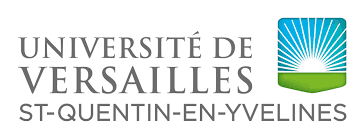 | 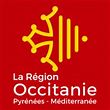 | 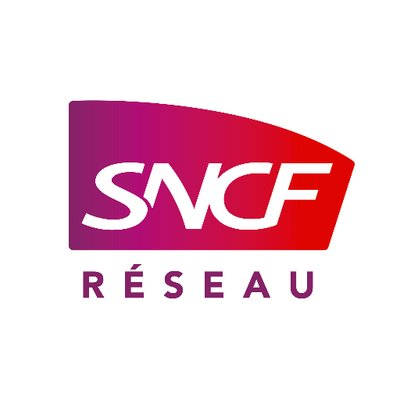 | 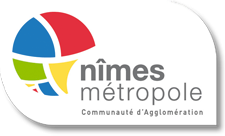 |
|  |
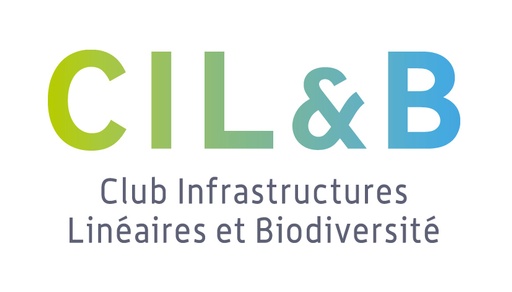 | 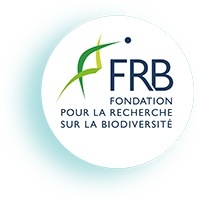 | 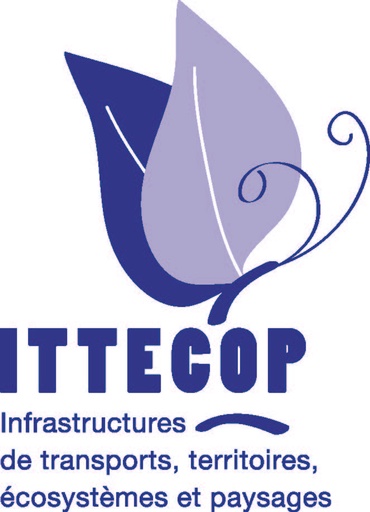 | 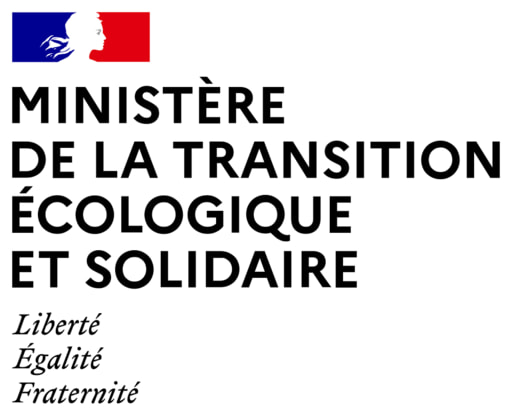 |

Identity Card
- Call for Research : Infrastructure Challenges in Territories Amid Global Changes and Biodiversity Decline
- Funding : Ittecop
- Acronym: Forbes
- Full Title :: Financing Regional Tools for Integrating Biodiversity by Companies
- Keywords : Ecological Indicators, CSRD, Financing, Infrastructure, Non-financial Reporting by Companies
- Coordinator (name and organization): Sylvain Moulherat (TerrOïko)
- Other Partner Organizations : ECO-MED, University of Versailles-Saint-Quentin-en-Yvelines (UVSQ), Sustainable Infrastructure Foundation (SOURCE), Supplément d’âme, Environmental Resources Management, Occitanie Region, Nîmes Métropole, SNCF Réseau
- Total Budget :€730,000
- Total Funding Requested : €460,000
- Project Duration : 36 month (Phase 1) + 24 month (Phase 2)